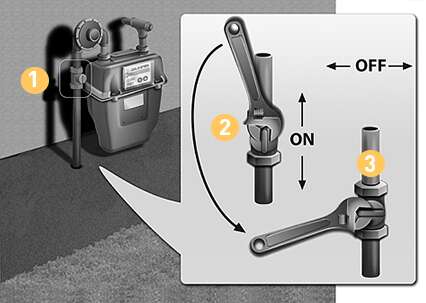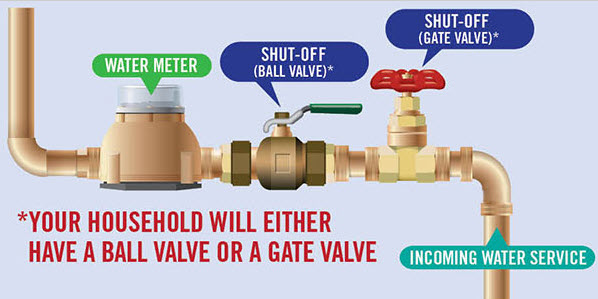Utility Failure
RVEM
Are You Prepared for a Power Outage?
Before the power goes out:
✓ Locate your main electrical panel or fuse box (it's usually on an interior wall near your electric meter).
✓ If your residence has a fuse box, maintain a supply of spare fuses of the correct amperage.
✓ Always keep a working flashlight available with extra batteries of the correct size and type.
When the power goes out:
✓ Check your fuse or breaker box for blown fuses or tripped circuits. If they are OK, see if neighbors have power.
✓ Call your utility company to report the outage. You may be asked for information or hear a recorded message that the outage in your area has already been reported.
✓ Turn off all electrical equipment (water heater, furnace, heaters, stove, TV, etc.) to prevent overloading the system when the power comes back on.
✓ Turn on a porch light and one light inside your home so you and the utility crew will know when power has been restored.
✓ Listen to the radio for updates on a battery powered radio.
Household Tips
✓ Your freezer may help keep food frozen during a power outage. Keep the door closed and cover it with blankets to help insulate it. When the power is restored, check the food and throw out anything that has spoiled.
✓ Automatic garage doors and gates won't open if the power goes out. Check to see if you have a manual override and learn how to use it.
✓ Never cook inside using charcoal or camping stoves; they can produce deadly carbon monoxide gas. Cook outside in a sheltered area.
✓ Never connect a home generator to a wall outlet. If used improperly, it can ruin your electrical system, start a fire and back-feed the system. Choose important appliances to plug into a generator and run it as needed.
If you see sparks or broken/frayed wires or if you smell hot insulation, shut off your electricity immediately.
► For a circuit breaker panel, shut off the electricity by turning all circuit breaker switches to the "off'' position.
► Use a wooden stick/dowel to turn off circuit breakers.
► Fora fuse box, pull out the two main fuses (cartridges).
TIP: Each person should have their own flashlight or headlamp. Store extra bulbs and batteries. You can purchase flashlights that you wind or shake rather than using batteries. Candles can be dangerous! It is best not to use candles for emergency lighting.
Natural Gas
Any odor of natural gas inside your home might indicate a leak. If you smell natural gas or hear a blowing or hissing noise, open the window and quickly leave the building. Turn off your gas at the meter as soon as possible.
To turn gas off:
- Locate the shut-off valve.
- Use a crescent wrench and turn the rectangular knob one-quarter turn clockwise to the horizontal position.
- Call your gas company from somewhere other than your home.
- If you turn off the gas for any reason, service should only be restored by a professional!
If you suspect a gas leak:
If you smell natural gas, get everyone away from the home immediately! Don't use your telephone. This includes cellular phones and all types of portable communications and electronic devices that have a battery. These can spark and create a source of ignition! Don't use matches, lighters or open-flame appliances and don't operate electrical switches.
Water Main
Earthquakes, winter storms and freezing weather can not only disrupt power, but they can also rupture water pipes causing flooding if not turned off quickly. Find the location of your home's water shut-off value:
► There is a shut-off valve at the water meter, but there may also be one closer to your house.
► Some common places to look for your master shut-off valve are:
► In the crawl space or basement where the water line enters the house.
► In the garage where the water line enters the wall or ceiling, near the water heater or by the clothes washer hookup.
► Outside near the foundation of your home, possibly protected by a concrete or clay pipe ring.
TIP: If you don't find a hand-operated master shut-off valve, have one installed on the house side of the meter. It may come in handy!
